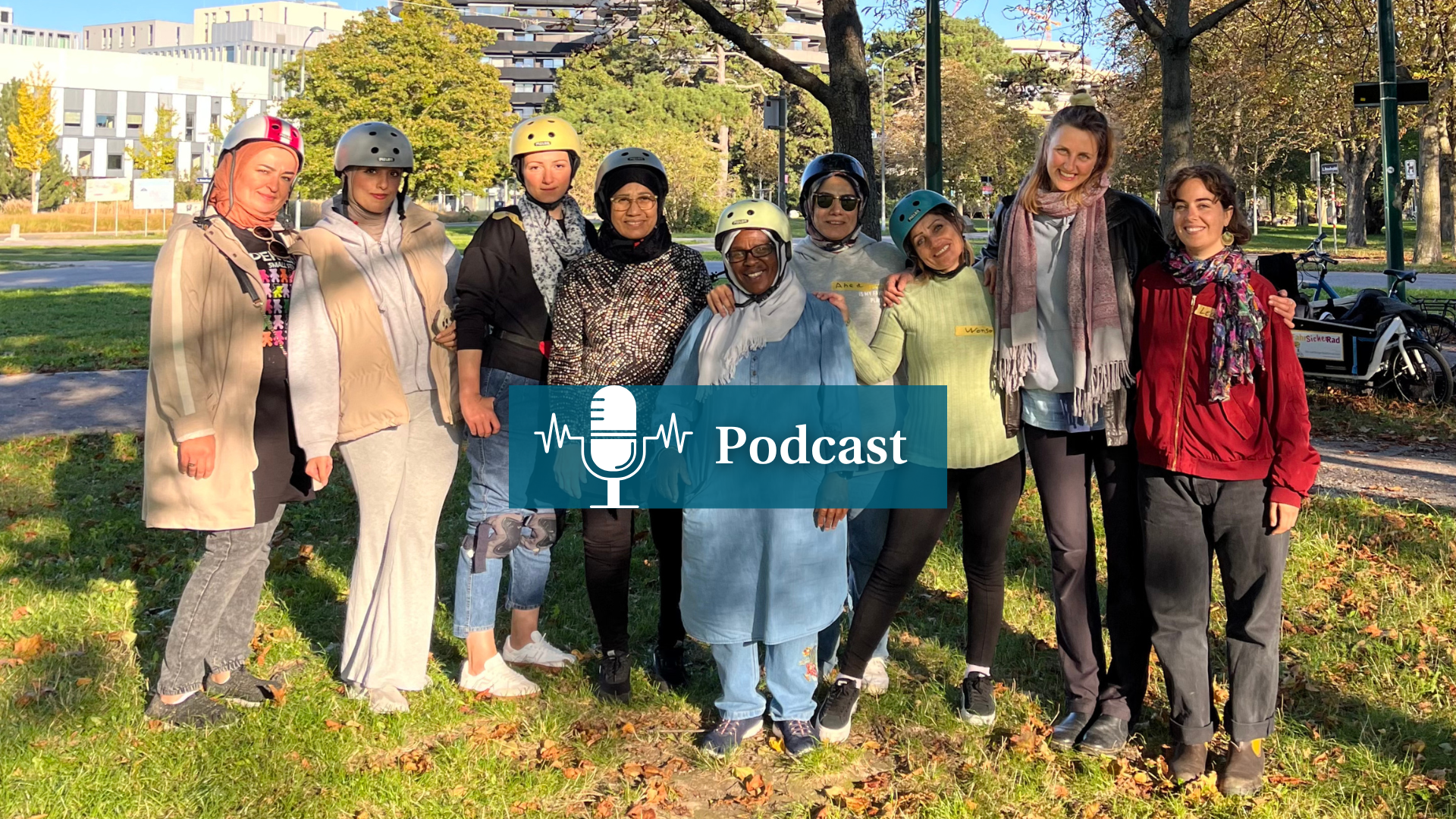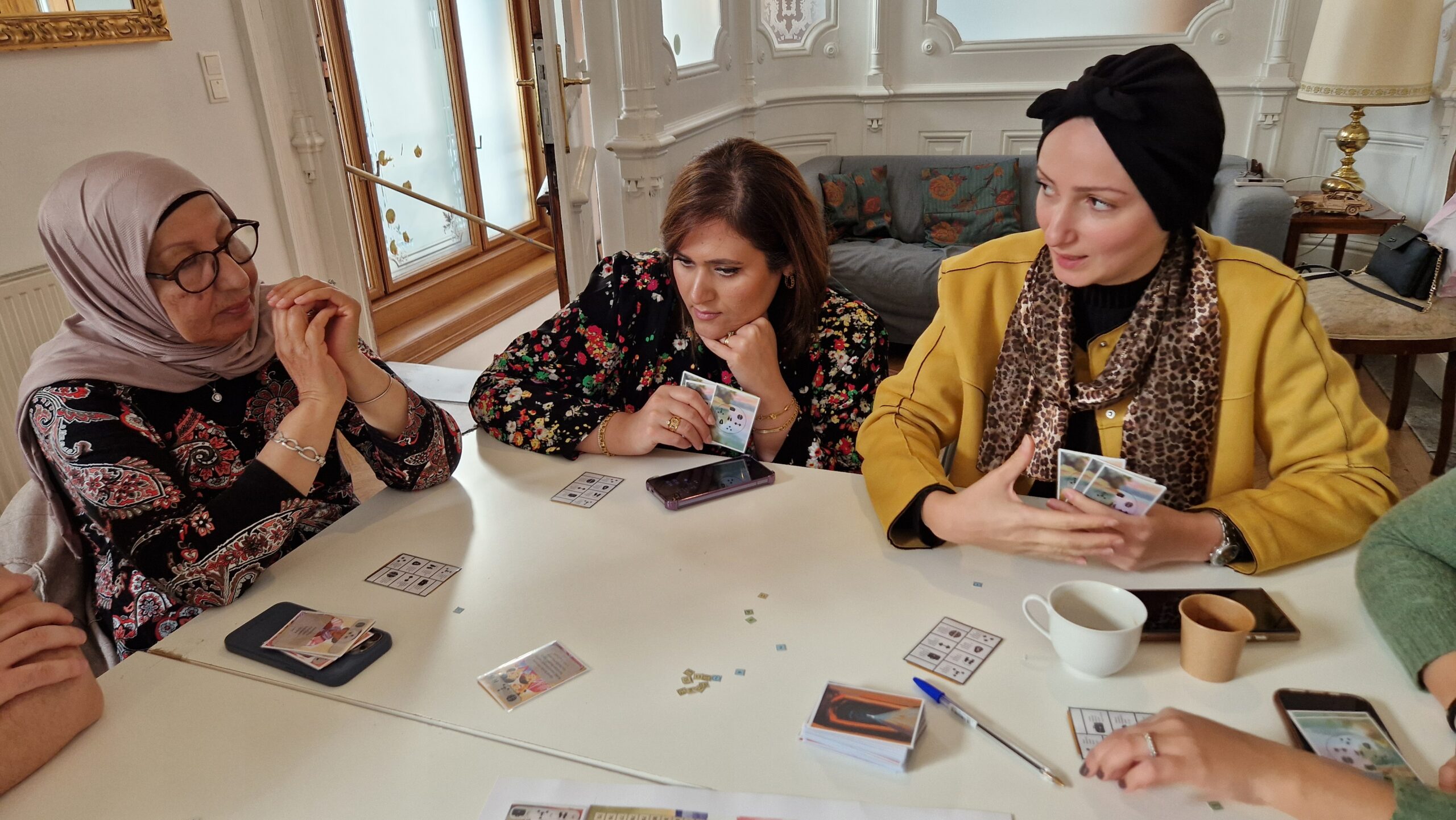
März 25, 2025
Neu im Podcast: Der Schlüssel zur Integration

Neu im Podcast: Der Schlüssel zur Integration
Wie wichtig ist mentale Gesundheit, wenn man sich in einer neuen Gesellschaft zurechtfinden muss? Wie ein roter Faden zieht sich diese Frage durch unsere neue Podcastfolge Inclusive Minds: Women’s Mental Health as the Key to Social Inclusion . DIe Frage steht im Mittelpunkt des gesamten EU-geförderten Projekts Inclusive Minds.
Gemeinsam mit Sofiia Ostapchuk von Fremde werden Freunde(Österreich) und Paraskevi Devreli von IKF Malmö (Schweden) führen wir einen Dialog, der unterschiedliche Erfahrungen, Perspektiven und Stimmen miteinander verbindet.
Erfahrungen von Frauen, kulturelle Herausforderungen und der Weg zur Inklusion
Über all das sprechen wir offen und tiefgehend. Denn genau solche Gespräche markieren den Anfang einer wirklich inklusiven Gesellschaft – einer Gesellschaft, in der sich alle zuhause fühlen 
……
The key to Integration
How important is mental health when you find yourself in a new society? Like a red thread, this question runs through our podcast Inclusive Minds: Women’s Mental Health as the Key to Social Inclusion and lies at the heart of the entire Inclusive Minds project, funded by the EU.
Together with Sofiia Ostapchuk from Fremde werden Freunde (Austria) and Paraskevi Devreli from IKF Malmö (Sweden), we engage in a dialogue that brings together different experiences, perspectives, and voices.
You can listen to the episode here: Salongespräche
Women’s Experiences, Cultural Challenges, and the Path to Inclusion
In this episode, we talk about how cultural differences influence the process of integration. What challenges do women face after being forced to leave their homes? What supports them and what, on the contrary, makes the path to a new reality even harder?
We share the results of a survey conducted among women with refugee backgrounds. So we better hear their stories, feel their emotional states, and understand what they are missing. And honestly, we discovered many unexpected and important things.
We speak about all of this openly and deeply. Because it is precisely these kinds of conversations that mark the beginning of a truly inclusive society, one in which everyone feels at home .
Funded by the European Union. The views and opinions expressed are those of the author(s) only and do not necessarily reflect those of the European Union or the European Education and Culture Executive Agency (EACEA). Neither the European Union nor EACEA can be held responsible for them.




